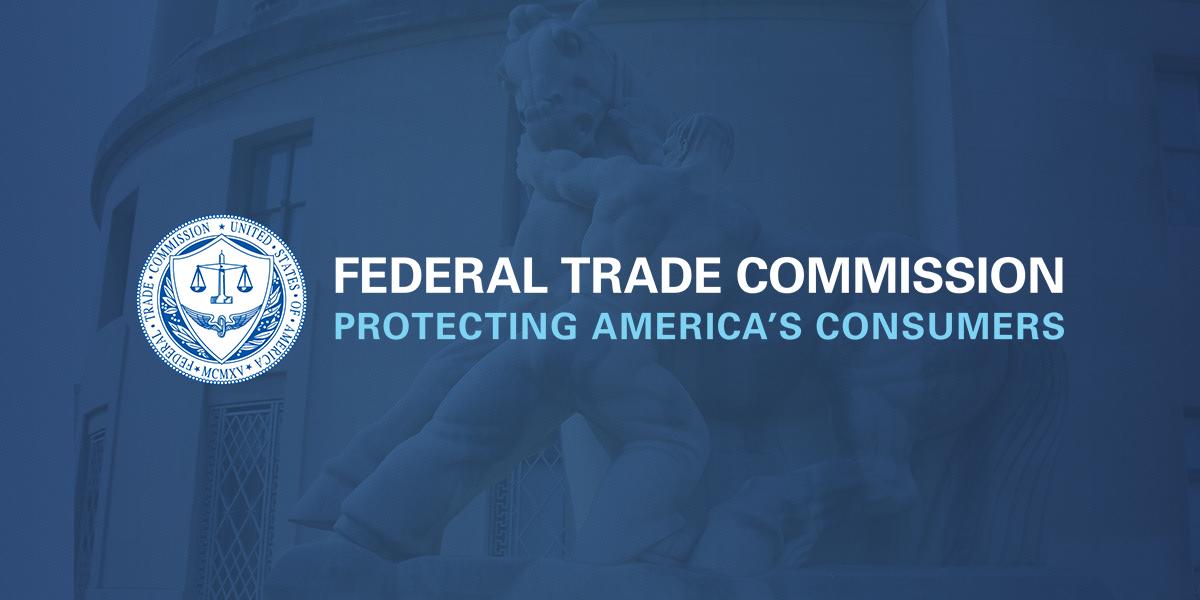Home products company Williams-Sonoma will be required to pay a record civil penalty of $3.175 million for violating a 2020 Federal Trade Commission order requiring the retailer to tell the truth about whether the products it sells are Made in USA.
In a complaint filed by the Department of Justice upon notification and referral from the FTC, the agency charges that Williams-Sonoma listed multiple products for sale as being “Made in USA” when in fact they were made in China and other countries. The company has agreed to a settlement that requires them to pay the civil penalty, which is the largest ever in a Made in USA case.
“Williams-Sonoma claimed its products were made in the United States even though they were made in China,” said FTC Chair Lina M. Khan. “Williams-Sonoma’s deception misled consumers and harmed honest American businesses. Today’s record-setting civil penalty makes clear that firms committing Made-in-USA fraud will not get a free pass.”
The FTC sued Williams-Sonoma in 2020, charging that the company advertised multiple product lines under its Goldtouch, Rejuvenation, Pottery Barn Teen and Pottery Barn Kids brands as being all or virtually all made in the USA when they were not. The company agreed to an FTC order that required them to stop their deceptive claims and follow Made in USA requirements.
The current complaint notes that the FTC became aware that the company was marketing mattress pads under its PBTeen brand as “Crafted in America from domestic and imported materials” when it was actually made in China. The FTC then investigated six other products the company advertised as Made in USA and found those claims were also deceptive in violation of the 2020 order.
In addition to the civil penalty, the federal court settlement also requires Williams-Sonoma to submit annual compliance certifications, and imposes a number of requirements about the claims the company makes, reinforcing requirements from the 2020 FTC order:
- Restriction on unqualified claims: Williams-Sonoma will be prohibited from making unqualified U.S.-origin claims for any product, unless it can show that the product’s final assembly or processing—and all significant processing—takes place in the U.S., and that all or virtually all ingredients or components of the product are made and sourced in them U.S.
- Requirement for qualified claims: The company is required to include in any qualified Made in USA claims a clear and conspicuous disclosure about the extent to which the product contains foreign parts, ingredients or components, or processing.
- Requirement for assembly claims: The company must also ensure, when claiming a product is assembled in the U.S., that it is last substantially transformed in the U.S., its principal assembly takes place in the U.S., and U.S. assembly operations are substantial.
The FTC is committed to ensuring that “Made in USA” claims are truthful. The FTC’s Enforcement Policy Statement on U.S. Origin Claims provides guidance on making non-deceptive “Made in USA” claims. In addition, the FTC’s Made in USA Labeling Rule went into effect on Aug. 13, 2021. Companies that violate the Rule from that date forward may be subject to civil penalties.
The Commission vote to authorize the staff to refer the complaint to the DOJ and to approve the proposed consent decree was 3-0. The DOJ filed the complaint and proposed consent decree in U.S. District Court for the Northern District of California. The FTC thanks Truth In Advertising.org for their assistance in this matter.
NOTE: The Commission authorizes the filing of a complaint when it has “reason to believe” that the named defendants are violating or are about to violate the law and it appears to the Commission that a proceeding is in the public interest. Consent decrees have the force of law when approved and signed by the District Court judge.
The lead staff attorney on this matter was Julia Solomon Ensor in the Bureau of Consumer Protection.
Official news published at https://www.ftc.gov/news-events/news/press-releases/2024/04/williams-sonoma-will-pay-record-317-million-civil-penalty-violating-ftc-made-usa-order


